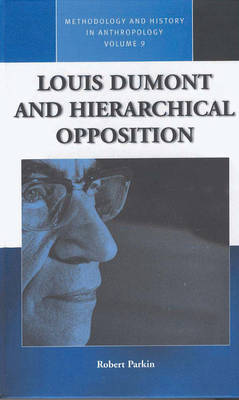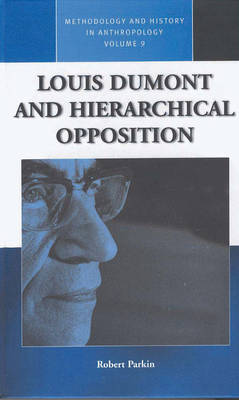
- Retrait gratuit dans votre magasin Club
- 7.000.000 titres dans notre catalogue
- Payer en toute sécurité
- Toujours un magasin près de chez vous
- Retrait gratuit dans votre magasin Club
- 7.000.0000 titres dans notre catalogue
- Payer en toute sécurité
- Toujours un magasin près de chez vous
Description
The work of Louis Dumont, who died in 1998, on India and modern individualism represented certain theoretical advances on the earlier structuralism of Claude Lévi-Strauss. One such advance is Dumont's idea of hierarchical opposition, which he proposed as a truer representation of indigenous ideologies than Lévi-Strauss's binary opposition. In this book the author argues that, although structuralism is often thought to have gone out of fashion, Dumont's greater concern with praxis and agency makes his own version of structuralism more contemporary. The work of his followers and fellow travelers, as well as his own, indicates that hierarchical opposition is capable of taking structuralism in new and more realistic directions, reminding us that it has never been the preserve of Lévi-Strauss alone.
Spécifications
Parties prenantes
- Auteur(s) :
- Editeur:
Contenu
- Nombre de pages :
- 264
- Langue:
- Anglais
- Collection :
- Tome:
- n° 9
Caractéristiques
- EAN:
- 9781845456474
- Date de parution :
- 01-03-09
- Format:
- Livre broché
- Format numérique:
- Trade paperback (VS)
- Dimensions :
- 140 mm x 216 mm
- Poids :
- 308 g







